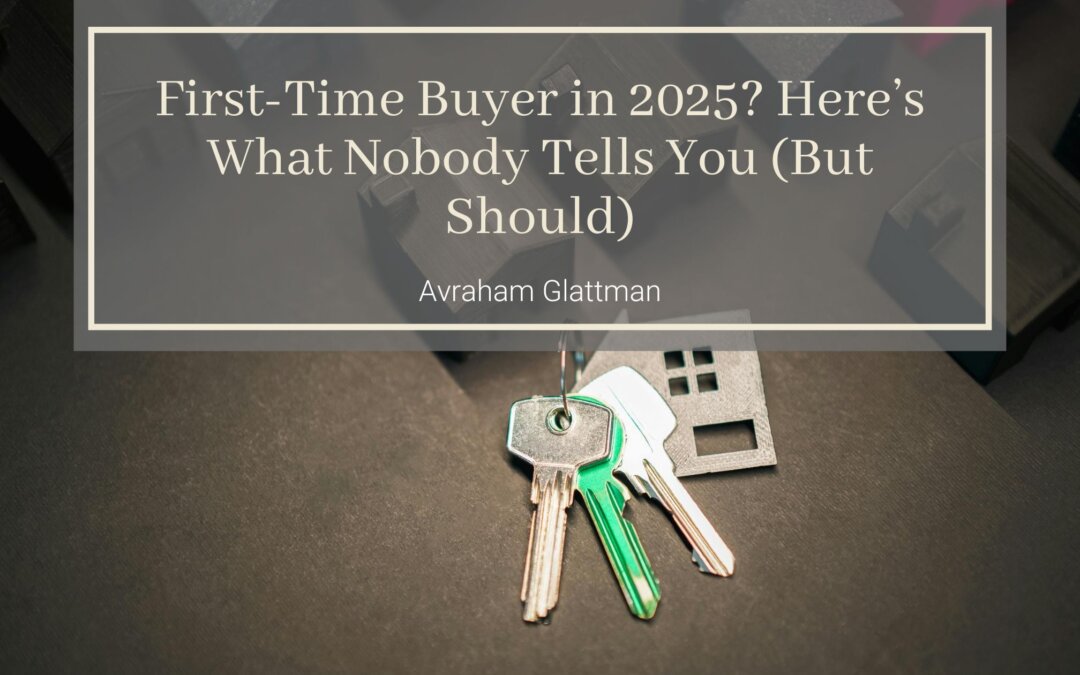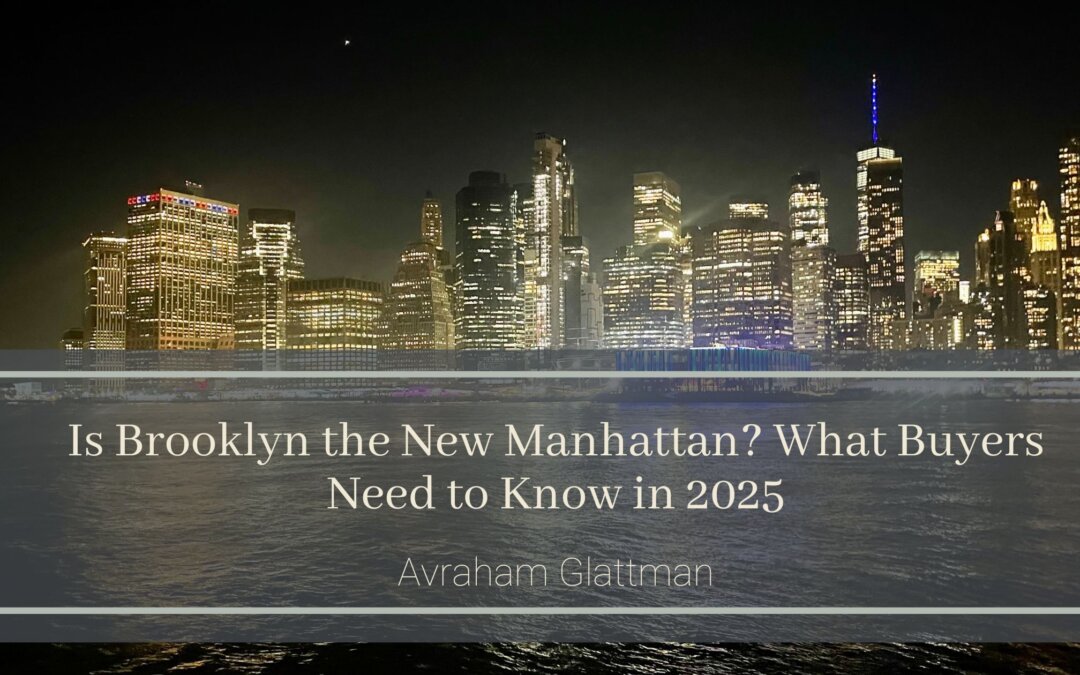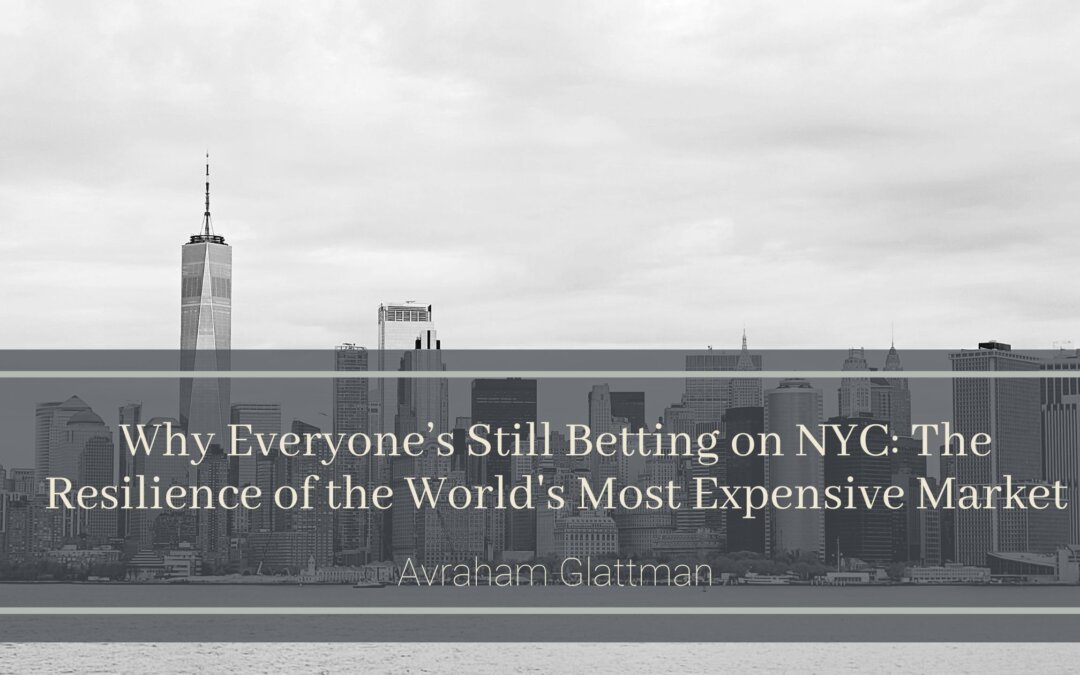
First‑Time Buyer in 2025? Here’s What Nobody Tells You (But Should)
Buying your first home has never been more complex. In 2025, fluctuating interest rates, inventory shortages, bidding wars, and rising living costs have transformed what was once a rite of passage into a strategic financial endeavor. If you’re a first‑time buyer, here’s what the textbooks don’t always explain — and what you really need to know.
The Reality of Today’s Market
Interest rates today are higher than they were a few years ago, meaning monthly mortgage payments are more expensive even if home prices aren’t skyrocketing. This impacts:
- your buying power
- affordability thresholds
- long‑term financial planning
At the same time, inventory in many markets remains tight. Starter homes — traditionally the entry point for first‑time buyers — are in especially short supply.
It’s More Than a Down Payment
Many first‑time buyers think they just need a down payment, but the costs extend far beyond:
- Closing Costs:
Typically 2–5% of the purchase price, covering fees, insurance, attorney costs, and taxes. - Appraisal and Inspection Fees:
These ensure the home is worth what you’re paying and that there are no hidden structural issues. - Moving and Immediate Repairs:
New homeowners often underestimate what it costs to move furniture, fix issues, or upgrade essential systems. - Emergency Reserves:
Lenders may require you to show proof of funds after closing — and having a financial cushion is always wise.
Why Pre‑Approval Matters
Getting pre‑approved (not just pre‑qualified) is a game‑changer. Pre‑approval:
- shows sellers you’re serious
- establishes your maximum loan amount
- gives you negotiating leverage
In competitive markets, buyers without pre‑approval often lose out to those who have it in hand.
Competing With Investors and Cash Buyers
In many regions, investors and cash buyers dominate single‑family home purchases. Their ability to close quickly and waive contingencies makes them extremely attractive to sellers. As a first‑time buyer, you can still compete by:
- offering flexible closing dates
- working with an experienced agent
- being strategic about contingencies
Work With an Agent Who Knows Your Market
The right agent isn’t just someone with a lot of listings — it’s someone who:
- understands hyper‑local market trends
- knows what drives pricing in your neighborhood
- can advise on comps, walk‑ability, school districts, and future developments
This depth of knowledge can mean the difference between a wise investment and a costly mistake.
Negotiation: It’s Not Just Price
Negotiation isn’t just about lowering the sale price. It can also involve:
- paying for certain repairs
- asking for home warranties
- negotiating closing cost credits
- timing your move‑in date to suit your budget
Inspection Isn’t Optional
Skipping the inspection to win a bidding war can be tempting, but it’s risky. Issues like foundation problems, electrical issues, or roof damage can cost tens of thousands in repairs later.
Plan for the Long Term
Think beyond the first year. Consider:
- resale potential
- neighborhood growth
- property taxes
- HOA or condo fees
Buying a home is not just a personal milestone — it’s one of the most significant financial decisions most people make.

Is Brooklyn the New Manhattan? What Buyers Need to Know in 2025
When people think of New York real estate, Manhattan often comes to mind first — the marquee skyline, high‑end condos, historic brownstones, and prestige that comes with a ZIP code like 10021. But in the past decade, Brooklyn has rapidly transformed from an edgy alternative to a heavyweight contender in the NYC real estate arena.
This shift has profound implications for buyers, renters, and investors — and understanding the dynamics at play is key to making smart real estate decisions in 2025 and beyond.
Brooklyn’s Evolution: From Fringe to Frontline
Brooklyn’s transformation didn’t happen overnight. Once celebrated for cultural coolness — think indie art scenes, local music venues, and artisanal markets — the borough has steadily matured into a sought‑after residential and commercial destination. Neighborhoods such as Williamsburg, DUMBO, and Brooklyn Heights became early pioneers of this shift, attracting young professionals and creatives who valued space, character, and community.
Over time, this trend diffused outward to neighborhoods like Bushwick, Crown Heights, Greenpoint, and Prospect Lefferts Gardens, each offering slightly different vibes and price points but unified by accessibility and urban appeal.
Affordability Relative to Manhattan
One of the biggest drivers of Brooklyn’s rise has been relative affordability — at least historically. While prices have climbed sharply over the last decade, many buyers still perceive Brooklyn as offering more space for the dollar compared to Manhattan.
For example:
- Larger units or multi‑bedroom apartments
- Outdoor space (terraces, gardens)
- Proximity to parks and quieter residential streets
As remote and hybrid work arrangements become normalized, buyers increasingly prioritize lifestyle and living space, making Brooklyn a compelling alternative to dense central Manhattan.
Transportation and Accessibility
Brooklyn’s connectivity to Manhattan via subway lines, ferries, and commuter options further enhances its appeal. Commutes that once seemed long feel shorter when balanced against other quality‑of‑life benefits. Areas near transit hubs — such as Atlantic Terminal and Jay St‑MetroTech — combine convenience with access to employment centers in both NYC and New Jersey.
Development Trends and Real Estate Growth
Brooklyn’s skyline is evolving too. High‑profile developments in areas like Willoughby Square Park and expansions near the waterfront are introducing luxury residential, retail, and commercial spaces that rival Manhattan’s in amenities and design.
For investors, this creates multiple product types to consider:
- Luxury condos near transit or waterfronts
- Mixed‑use developments
- Rental properties that appeal to young professionals
- Adaptive reuse projects in historic districts
Brooklyn’s growth is not homogenous: some neighborhoods still offer value plays with upside potential, while others are firmly established as premium markets.
What Buyers Should Know in 2025
If you’re considering Brooklyn real estate in 2025, here are key factors to keep in mind:
- Price Trajectories Are Neighborhood‑Specific
Not every part of Brooklyn is equal. Some areas may be cooling after rapid appreciation, while others are emerging hotspots due to new infrastructure or community investment. - Lifestyle Priorities Matter
Brooklyn offers diverse living experiences — from quiet, leafy streets near Prospect Park to bustling urban cores near Williamsburg. Define your priorities early. - Rental Demand Is Strong
With NYC’s returning workforce and international residents coming back, demand for rental units remains robust. This is especially true in areas near universities, tech hubs, and transit. - Know the Inventory
New construction, conversion projects, and resale properties all offer different pros and cons regarding price, maintenance, and long‑term value.
Is Brooklyn the New Manhattan?
In some ways, yes — especially in terms of prestige, investment interest, and urban desirability. But Brooklyn’s identity is its own: less about Wall Street power and more about community vibrancy, diversity, and lived experience. For many buyers in 2025, that combination makes Brooklyn not just an alternative to Manhattan, but a primary real estate destination in its own right.

Why Everyone’s Still Betting on NYC: The Resilience of the World’s Most Expensive Market
New York City’s real estate market has long been a symbol of global economic power, cultural magnetism, and investment resilience. While headlines periodically predict downturns, migrations away from cities, or temporary slowdowns, the truth is that NYC remains one of the most robust real estate markets on the planet. From international investors to long‑term residents, the city continues to attract capital and ambition in ways few other markets can match.
A History of Reinvention
The narrative of New York City real estate is defined by reinvention. From the post‑war housing boom to the tech and finance influx of the 21st century, NYC has continually adjusted to economic trends and demographic shifts. Even during the COVID‑19 pandemic — when many residents temporarily left the city — the market didn’t collapse. Instead, it underwent a brief recalibration, followed by a strong rebound in demand when people began returning.
One reason for this resilience is New York’s status as a global hub — a crossroads of culture, finance, media, education, and international diplomacy. For many affluent buyers, owning property in NYC isn’t just about real estate — it’s about prestige, stability, and access to opportunity.
Demand From All Corners of the Globe
International buyers play a significant role in the NYC market. While global investment patterns fluctuate, New York has an enduring appeal. High‑net‑worth individuals from Europe, Asia, and the Middle East often view NYC properties as safe‑haven assets — portable, durable, and historically appreciating over time. These buyers look beyond short‑term market movements, instead thinking long term about value and legacy.
This is especially true in luxury segments. Prime areas like Manhattan’s Upper East Side, Tribeca, and Midtown continue to command premium prices, with luxury condos and historic townhouses being snapped up by buyers who see New York as both home and investment.
The Job Market Drives Housing Demand
Employment trends are deeply tied to real estate demand — and NYC boasts a strong and diversified job market. While finance and media are iconic anchors, tech and life sciences have surged in recent years, bringing high‑paid professionals to the city. Major corporations continue to expand offices in Manhattan and Brooklyn, while startups and creative companies thrive in neighborhoods that blend work and lifestyle.
This influx of talent fuels housing demand from young professionals, families, and relocators — all seeking proximity to dynamic career opportunities.
Neighborhood Transformations and Infrastructure Investments
Infrastructure projects and neighborhood revitalization efforts also bolster the market. Developments like Hudson Yards and the adaptive reuse of industrial zones (e.g., Brooklyn’s Navy Yard) signal long‑term investment in the city’s built environment. Transit improvements, public park expansions, and mixed‑use developments enhance livability — which boosts property values over time.
Why Investors Still Love NYC
Investors, both domestic and international, appreciate New York’s stability. While markets like Miami or Austin have seen rapid valuation growth, NYC’s real estate often acts as the core holding in a diversified portfolio. Rental income potential remains significant, especially as professionals return to urban centers and demand for multifamily housing strengthens.
Moreover, New York rents — even after pandemic adjustments — sit at a premium compared to many U.S. metros, offering attractive cash flow opportunities for property owners.
Challenges and Opportunity
No market is without challenges. High property taxes, complex regulations, and development costs make building and ownership expensive. But these barriers also limit oversupply — a factor that ultimately supports values.
In a world where economic cycles fluctuate, New York City’s real estate market continues to demonstrate remarkable resilience. The city’s cultural significance, employment magnetism, and global investment appeal create a foundation that few markets can replicate. For investors and residents alike, NYC’s property market remains a bet worth making.
About Avraham Glattman
Avraham Glattman is the owner of First American Properties Group, a real estate business based in New York City, New York.
Avraham brings over 26 years of experience working as a real estate agent in the city, where he continues to work today. He graduated from Newport University with a Bachelor’s Degree in Business Administration and Management and remained at the university to attain his Masters of Business Administration (M.B.A.). After graduation, he jumped straight into the real estate field in 1992 in the greater New York City area. Throughout his career, Avraham has explored listings across the New York area, keeping a detailed account of the locations, pricing and comparable properties in the housing market.
After gaining a wealth of knowledge about the real estate marketing in New York, Avraham Glattman decided to take it a step further by creating First American Properties Group with his longtime business partner, Pete Jacov in 2008. First American Properties is a real estate and development company that services the five boroughs of New York. The company currently owns residential and commercial properties in Queens, Downtown Brooklyn, Harlem, and Manhattan. The company focuses on monitoring the growth and development in different areas of the city, so they can work to establish more patterns of growth and help revitalize the area.
While monitoring the different areas of New York City, Avraham Glattman consistently keeps an eye out on up-and-coming neighborhoods that he could potentially invest in. For example, after seeing Harlem, Avraham was immediately impressed by the neighborhood’s charm, leading him to invest in properties in the area. With a convenient location next to the subway and charming business like music venues in the area, it was not hard to see what attracted Avraham to the area.
Today, Avraham Glattman continues to find new investments with First American Properties Group, alongside his business partner, Pete Jacov. Together, they are working towards the goals that they set for First American Properties Group. The goals include acquiring property in the Harlem area to renovate and sell, as well as acquiring properties in all five boroughs.
Avraham Glattman is also the proud owner of 1927 Café Bar Popularr. Located in Harlem, the café serves a variety of open-faced Mediterranean sandwiches, called ‘Toastics’, and many types of coffee. Café Bar Popularr is proud of the rich artistic traditions of Harlem, and invites local musicians, authors, and comedians to visit and share their talents with friends.
Avraham was born and raised in Israel, where he went graduated high school. Not long after, he served in the Israeli army for three years, before he was sent to the United States to work with an Israeli newspaper in Brooklyn, NY. Not long after making the move to New York, Avraham met the woman that would become his wife in 1991. Together, they have three children.
In his spare time, Avraham Glattman enjoys spending his time with his wife and three children and loves to explore new parts of New York City. Avraham’s incredible dedication to both his work and family brings him immense happiness and purpose each day.
To learn more about who Avraham Glattman is, visit AvrahamGlattmanNewYork.com.
